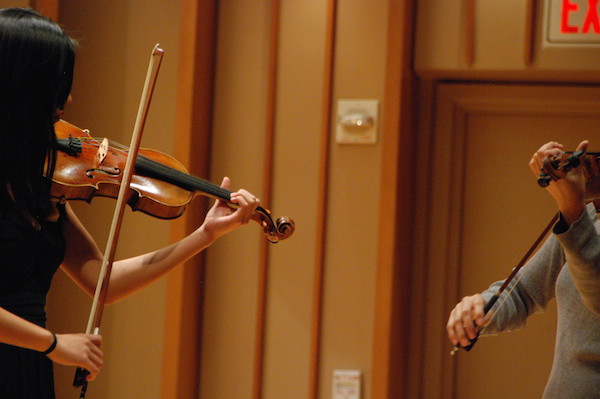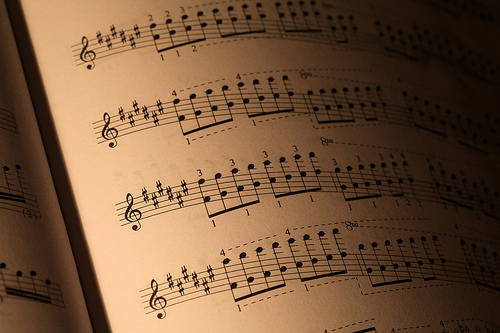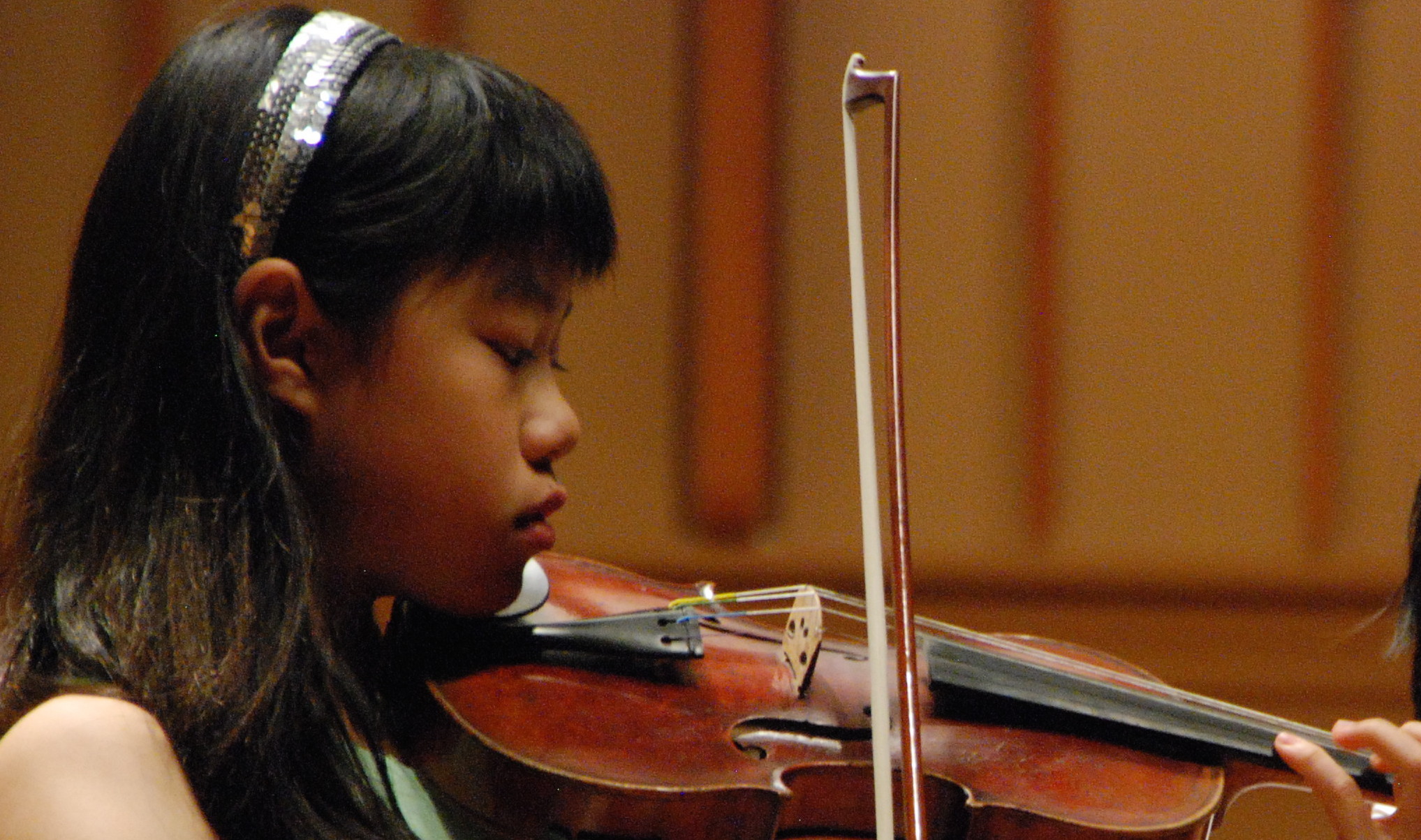You’ve crash landed on a desert isle with only your instrument. No music or books of any kind, and nothing committed to memory. And you can still develop (or maintain) virtuoso level skills on your violin. Simply play scales.
This much maligned musical element has a huge image problem: it is associated with the screeching, torturous notes of beginning players. And mind numbing boredom.
Still, everything you need to know about the violin can be found in a simple scale. Pitch, rhythm, tone production and every known technical feat on the bow or in the left hand can be embedded in a simple scale routine. Even musical gestures and phrasing can be cultivated through the lowly scale.
In fact, the scale is the most utilitarian of all-in-one practice tools, as I have written and often told students. Mostly, they seem unconvinced, offering only a blank stare.
When you come to accept this gospel of scales, it signals that you have made an important transition as a musician. You have finally embraced that practicing is about process, as much as it is about musical content. Pieces and etudes can become extraneous distractions to the work at hand.
Another way to say it, think of practice in its Eastern sense as a state of being. Release the Western implication that it is a verb.
Scales are a perfect fit for this Zen of practice. They can create a spacious sense around your daily work. Scales offer you the promise of pure, high quality practice. This, in turn, enables you to truly master the fundamentals with a higher sense of ease, clarity and purpose.
Try this: next time you stuck on a musical or technical problem in your favorite song or piece, simplify that problem by copying and pasting it onto a scale. You’ll immediately gain a fresh perspective plus new clarity on causes and solutions.
Your transformation: the violin teaches us to clarify and simplify what seems complex and to move through life with ease.


